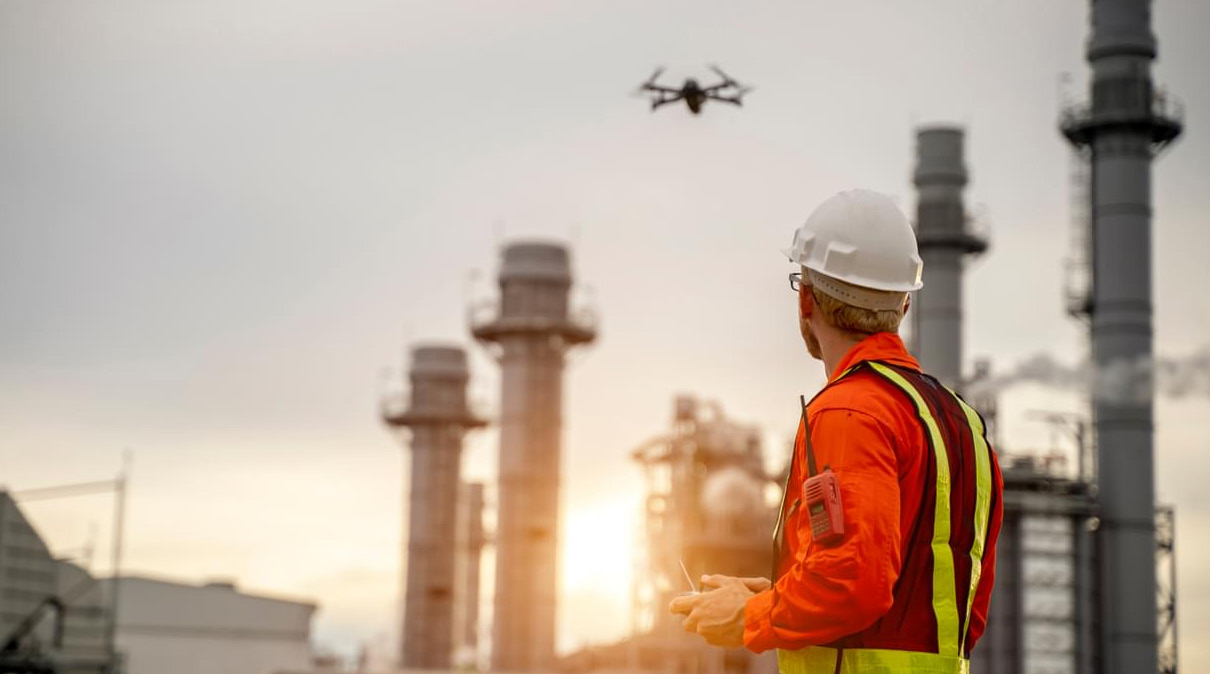While data analytics create potential to improve worker health, safety and wellbeing, new sources of data and methods of data collection will generate increased risks associated with cybersecurity, privacy, ethical guidelines, consumer protection, sector-specific regulations and legal restrictions. These new risks can lead to unease among workers, especially where organisations have unclear or insufficient guidance and support for managing this increase in data.
OSH professionals will need to respond and adapt rapidly to changing data risks. They will increasingly require knowledge and skills to deal with changing legal and ethical guidance around safe handling of personal data. Those who do not follow legislation face the risk of prosecution, significant fines and reputational damage.

Digital transformation has huge potential health, safety and wellbeing benefits. For example, it can reduce human error, a factor in more than 80 per cent of injury-causing accidents. However, it can also bring with it new or emerging risks, such as reductions in person-to-person interaction.
In manufacturing, robotics and new industrial approaches using the Internet of Things have the potential to reduce hazards through automatically triggered accident prevention procedures, alerts, alarms and reporting.
Artificial Intelligence (AI) is a significant and rapidly developing technology which can simulate human cognitive functions, such as logical reasoning. It can affect all industries and parts of life.
Safeguards will be key to building a responsible innovation landscape and ensure that the use of new technological developments, such as AI, do not come at the expense of worker rights and protections.
The use of technology could also shift the focus for OSH professionals further towards safe systems of work and away from standards and procedures.

Read the full report
‘Towards a safe and healthy future of work’ offers a more in-depth exploration of how the world of work is set to evolve.
Download the full report (PDF)
